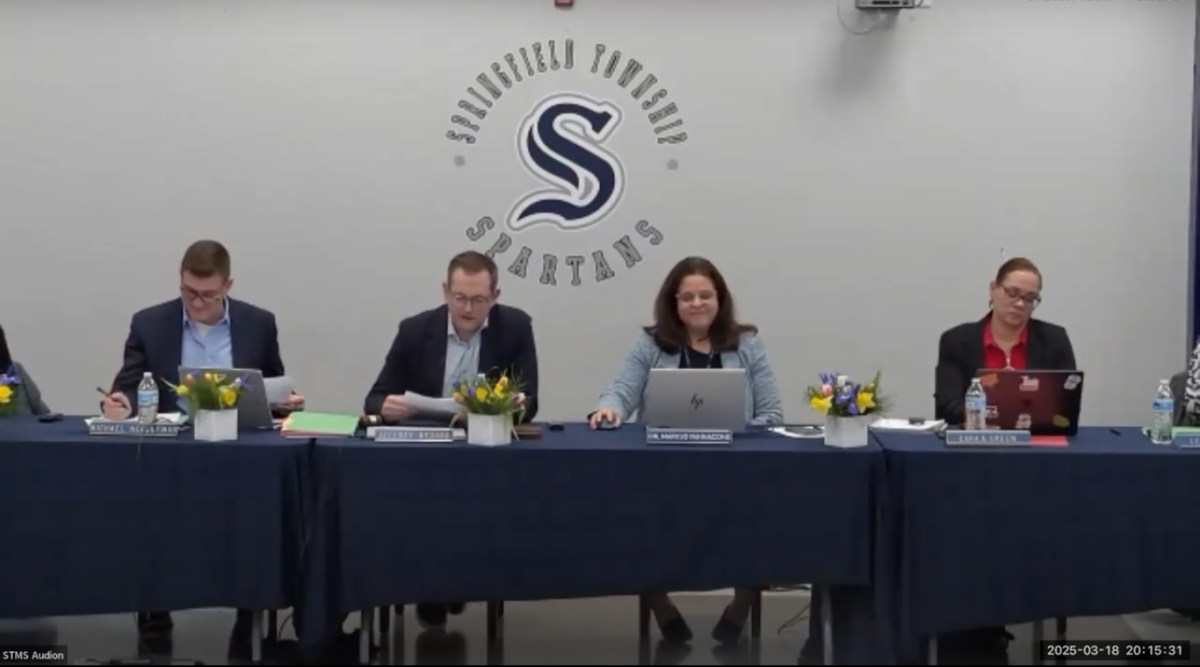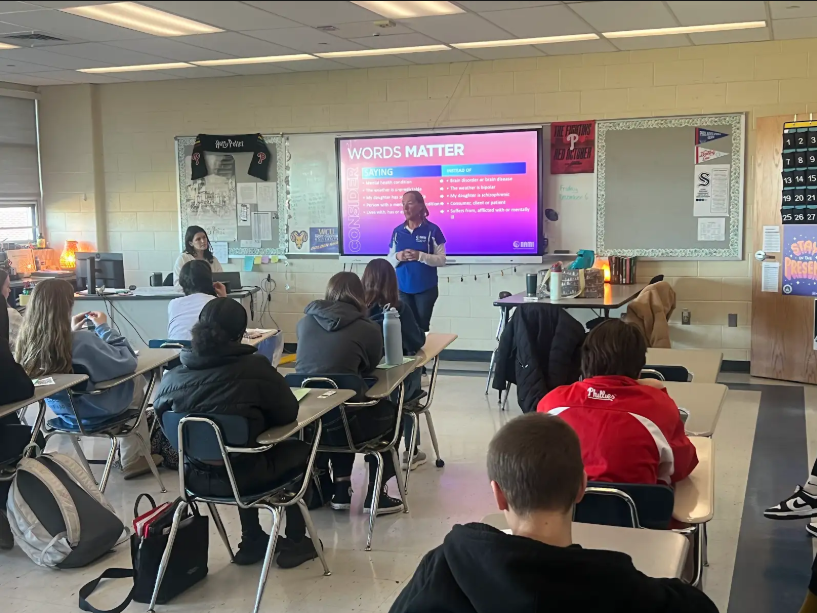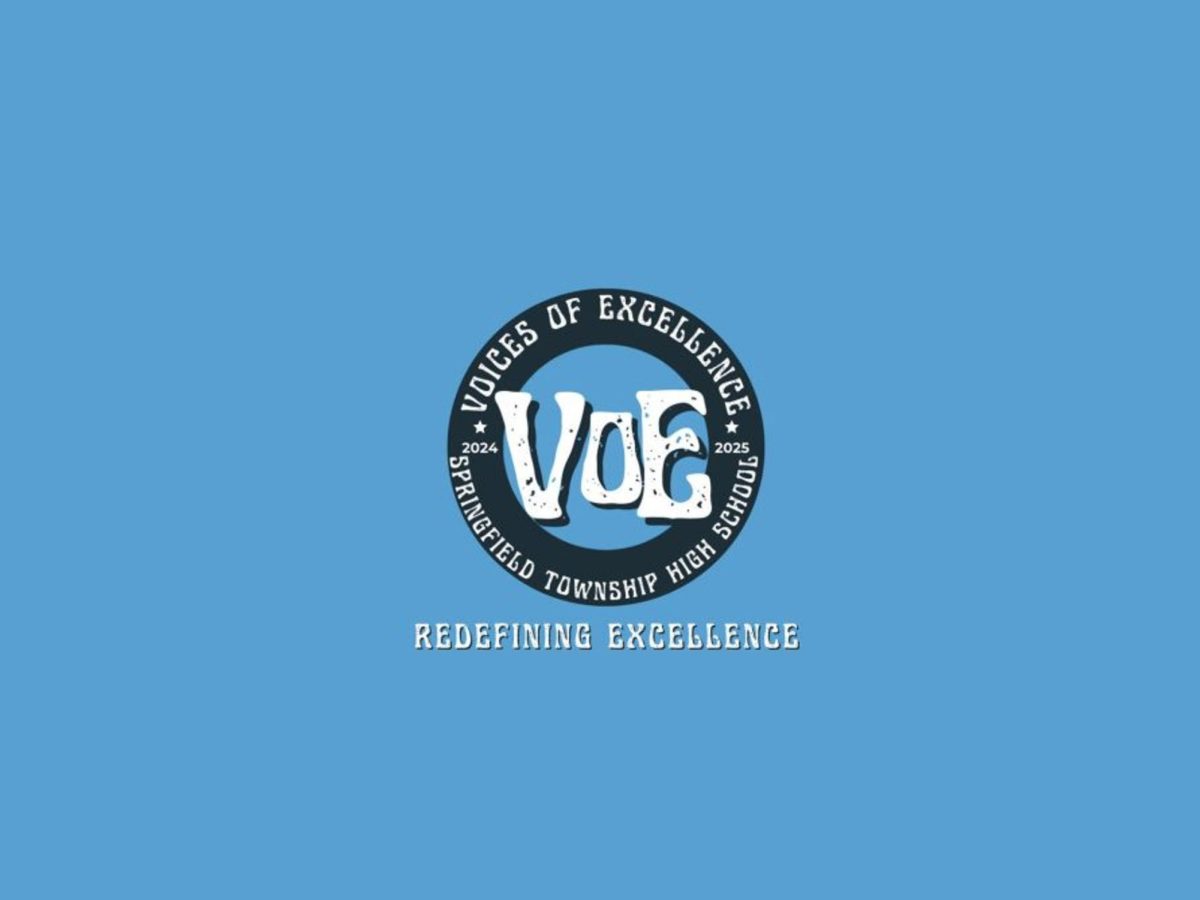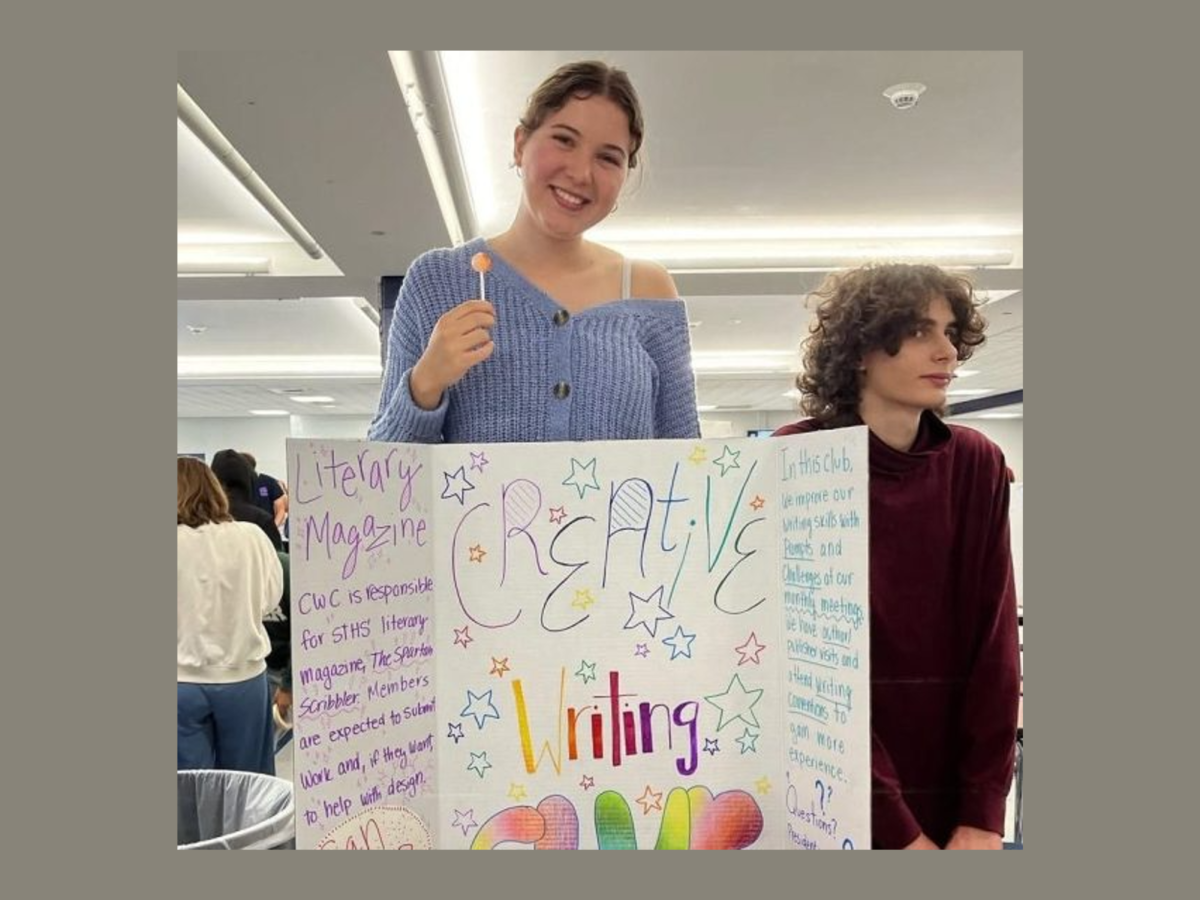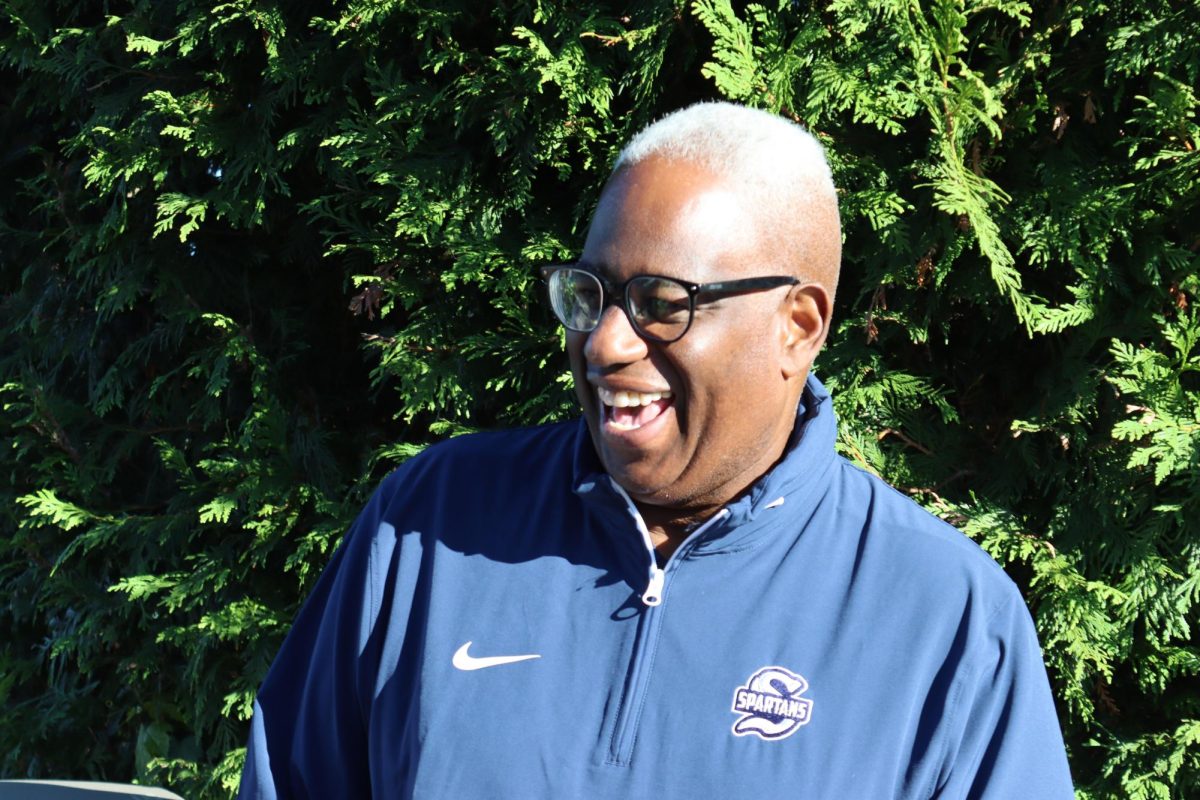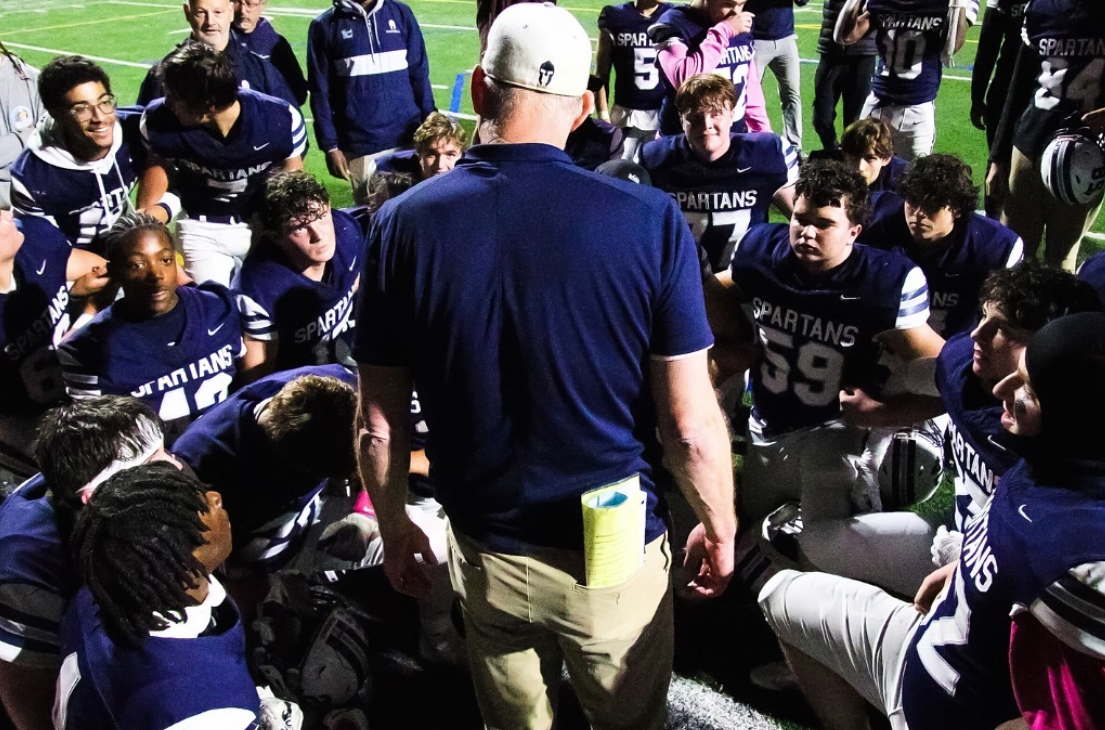On January 20, President Trump signed an executive order titled “Ending Radical And Wasteful Government DEI Programs And Preferencing.” Since then, schools nationwide have zeroed in on adjusting diversity and equity initiatives. Responses have varied substantially–the only consistent reaction being long debates, dialogues, and disputes.
Backed by years of working toward equitable standards, Springfield has taken its own stance. Here, we provide more information about SDST’s position.
Why was this written?
DEI (Diversity, Equity, and Inclusion) programs are guidelines used in workplaces to encourage equal-opportunity environments.
The first executive order President Biden signed in office (Executive Order 13985) created a standard for upholding racial and socioeconomic equity across all bureaucratic agencies. During his presidency, he passed other, more specific orders implementing DEI programs within the federal government–all of these have recently been rebuked by President Trump for being disadvantageous.
Debate regarding the constitutional and ethical implications of DEI programs in education became more rampant in June 2023 with the Students for Fair Admissions (SFFA) v. Harvard Supreme Court case. This case established that using race as a factor in school admissions violated the Fourteenth Amendment of the Constitution and Title VI of the Civil Rights Act, both of which prohibit racial discrimination.
The controversiality of this topic has been center-stage since 2020, and the debate culminated with the January 20th executive order.
What exactly does the Executive Order Say?
The executive order (“Ending Radical And Wasteful Government DEI Programs And Preferencing”) takes a stance against DEI initiatives and outlines methods for the executive branch to terminate as many of them as possible. This includes positions tasked with diversity initiatives, requirements for federal employees to maintain a DEI standard, and roles, plans, programs, and grants in place within the federal bureaucracy.
The U.S. Department of Education sent a “Dear Colleague” letter to schools nationwide in mid-February as a result of the order. This letter reviewed the expectations for abolishing DEI programs, and constitutional provisions protecting this.
For schools, the letter means that preferences based on race, gender, sexual orientation, or background in scholarships, activities, and admissions are more strictly regulated going forward. Schools that receive federal funding are strongly encouraged to adhere to this executive order or face the risk of losing all federal funding.
Even so, it’s important to remember that “Dear Colleague” letters and executive orders are not laws or legally binding–just strongly encouraged guidance. They’re used to direct bureaucratic agencies; meaning they can redirect funding or advise that certain actions be taken within the government, but have no constitutional control. This lessens threats of any “punishment” or loss of funding.
What does this mean for Springfield, and what is our stance?
According to SDST superintendent Dr. Yannacone, only 2% of our school’s funding comes from federal funds (The other 98% is from Springfield taxpayers and the state). Even so, federal funds go toward programs our district views as vital: elementary-level Title 1 reading services, special education funds, and lunch and breakfast programs. In the unlikely case that Springfield loses federal funding, these programs would not disappear–the district would reallocate funds to ensure they stay in place.
As reiterated by Dr. Yannacone, losing federal funding is “a very unlikely event,” because the Springfield administration believes that they comply with federal and state law. They maintain “that [they’re] serving all students equitably and equally,” and are committed to “making sure all students get what they need.” In other words, Springfield is not planning on changing its policies as a result of the White House’s order.
Springfield initiatives ensuring equitable treatment can be seen in many district-wide policies, like the Springfield Township Equity Action Plan. In this, the district establishes its commitment to “apply[ing} principles of fairness and justice in the allocation of resources,” and ensuring “funding, policies, practices, and initiatives… enable every student to receive what they need to maximize their success.”
Another one of these measures is a board policy (number 832) requiring the district to maintain an “equity action plan.” An intrinsic part of this plan (that almost all students are familiar with) is the annual “Sense of Belonging” survey, which is used as a reference point for the district to improve conditions straying from their equity standards.
How is the Springfield community reacting?
Because DEI programs uphold inclusion standards, many parents have posed questions about what the order means for some of Springfield’s inclusive initiatives, according to Dr. Yannacone.
A large aspect of this is special education rights. Springfield ensures inclusivity in all activities and offers several Unified sports and programs. Dr. Yannnacone said Springfield has no intention of changing these programs, and reassured parents “that [Springfield has] every intention of continuing to include their children.”
Others are concerned about SDST Board Policy 253, which is in place to uphold the rights of transgender and gender non-conforming students. Essentially, this ensures students who identify with a gender other than their birth-given one can do things like use preferred bathrooms, or join preferred sports teams.
National discussions about this have been rampant and controversial, going beyond the executive order. This is something Dr. Yannacone thinks “will likely come under federal scrutiny” and potentially go to the Supreme Court.
Although the district’s policy regarding this is currently against the language of the executive order, the district is “going to follow what [they] believe to be our state law… [and wait] to see what the court has to say as they case moves along the court.”
Dr. Yannacone summarizes the district’s ultimate stance amidst all this uncertainty: “Our goal is to treat every student with dignity and respect that they deserve… we will continue to offer programs and services that meet the needs of every student, and that’s not going to change based on anything that’s coming out of the federal or state government right now.”
High school principal, Dr. Rittenhouse, stands by this. He aims to consistently incorporate student voice in all aspects of athletics, academics, and activities–and is “always looking to create opportunities.” Overall, he maintains a united front with Dr. Yannacone’s and the district’s stance, and says he will “always follow [Dr. Yannacone’s] lead.”
How are other schools responding to the executive order?
Local colleges and universities have faced more decision-making than high schools. This is mainly because the order discourages most of their inclusive practices in admissions and scholarships.
In an article by the Philadelphia Inquirer, colleges like Temple and Penn State have been confirmed to be taking approaches identical to Springfield’s, holding firm to their existing policies.
Others took opposite and more rapid action. This includes the University of Pennsylvania, who removed all DEI program mentions from its policy and website toward the beginning of President Trump’s term (The Inquirer).
How is the order being carried out?
As a part of implementing the order, the white hosue has been investigating nearly 50 colleges and universities nationwide. The on-campus use of a nonprofit that helps underrepresented groups earn degrees (the PhD Project) is one of the main reasons schools have recently come under scrutiny.
Thus far, Harvard University received a $2.2 billion budget cut, with many others still under review.
Additionally on April 3, as a follow-up to the executive order, the Department of Education sent out another “Dear Colleague” letter. It encouraged states to certify that none of their K-12 public schools use DEI programs; those that refused to certify their compliance faced risks of losing federal funds. The language of the letter placed an emphasis on the protection of Title IV of the Civil Rights Act, and the Supreme Court ruling against affirmative action in SFFA v. Harvard. The deadline for submitting certification, which had been pushed back, was April 24.
According to the Philadelphia Inquirer, Pennsylvania Governor Josh Shapiro approached this situation with caution. He expressed concern that compliance with the executive order would withhold funding from the state’s most vulnerable school districts.
After review, the Pennsylvania Department of Education ultmately responded on April 9, vowing it intends to follow all provisions of the certification, and that they will not use any preferential treatment in schooling.
Foreward:
Springfield remains steadfast in its commitment to ensuring unprejudiced, equitable access to education for all its students. Going forward, the Springfield community can stay informed through the School Board’s Policy Committee agenda or Dr. Yannacone’s community newsletter.

